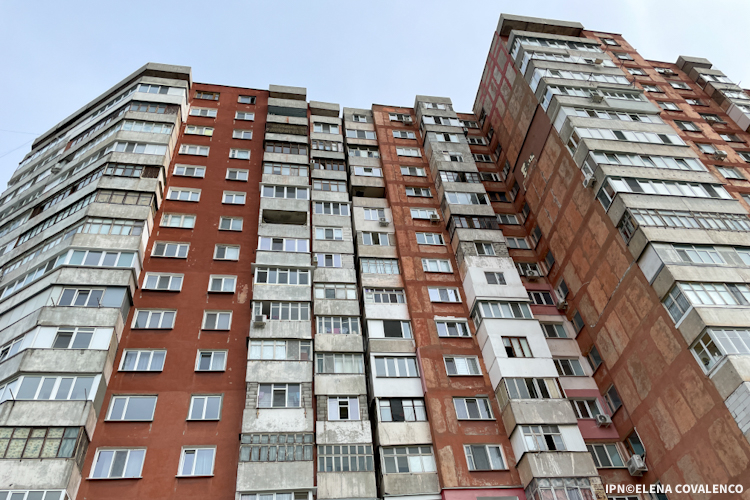The apartments disconnected from the central heating system (CHS) will receive compensation for heat bills in accordance with the energy vulnerability degree of the applicant. Compensation will be paid for the entire 2023-2024 heating season, the Energy Ministry said in a press release that is quoted by IPN.
In the case of consumers who registered on the platform compensatii.gov.md, but have not entered the heat bill code, the changes will be made automatically by the information system “Energy Vulnerability” and beneficiaries will receive heat compensation for the entire heating season. Disconnected consumers who have not registered on the platform can get compensation only after they complete the application and are assigned a vulnerability degree, starting with the month they register on the platform.
Consumers disconnected from the central heating system received disproportionate bills largely because the apartment building managers didn’t correctly inform the thermoelectric companies about the real situation in the block. At the same time, the heat charge in December 2023 was higher than in December 2022 (3,267 lei/Gcal compared to 2,854 lei/Gcal). In January 2024, the charge decreased to 2,774 lei/Gcal, the Ministry said.
The temperature of the supplied heat energy was lower the previous season. The thermoelectric units reduced the temperature of heat by 10%, according to the CES decision of March 4, 2022.
In the 2022-2023 winter season, disconnected consumers automatically received the highest category of energy vulnerability and compensation from the Energy Vulnerability Reduction Fund to cover the costs related to heating the common spaces of the block. After the compensation mechanism was modified in December 2023, such compensation has been allocated according to the assigned vulnerability category and only to those who registered on compensatii.gov.md and entered the heat bill data.
Out of the 26,800 disconnected apartments in Chisinau, about 17,000 this year didn’t receive compensation for heat from the Energy Vulnerability Reduction Fund, as didn’t 4,500 buildings in Balti. Businesses in the energy sector were instructed to show openness and cooperate with the Ministry of Labor and Social Protection to correct the inaccurate bills.

